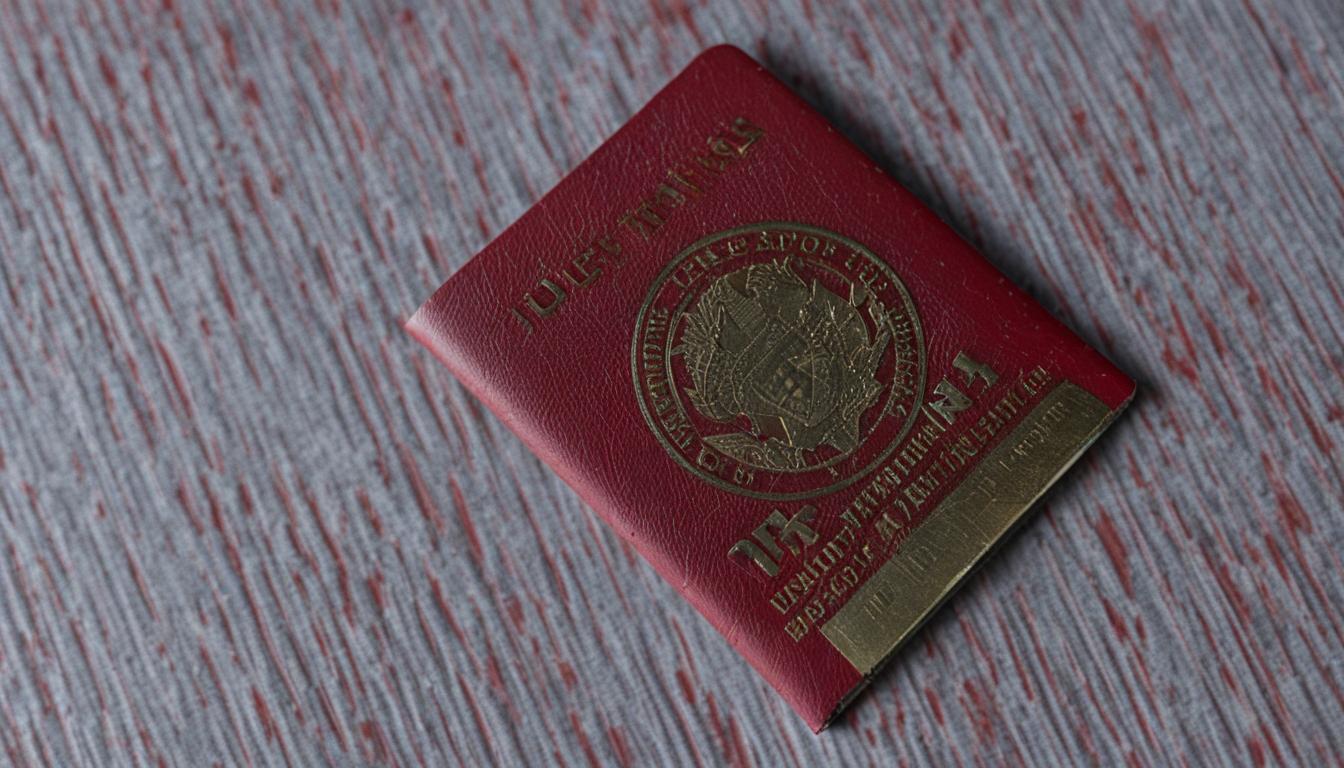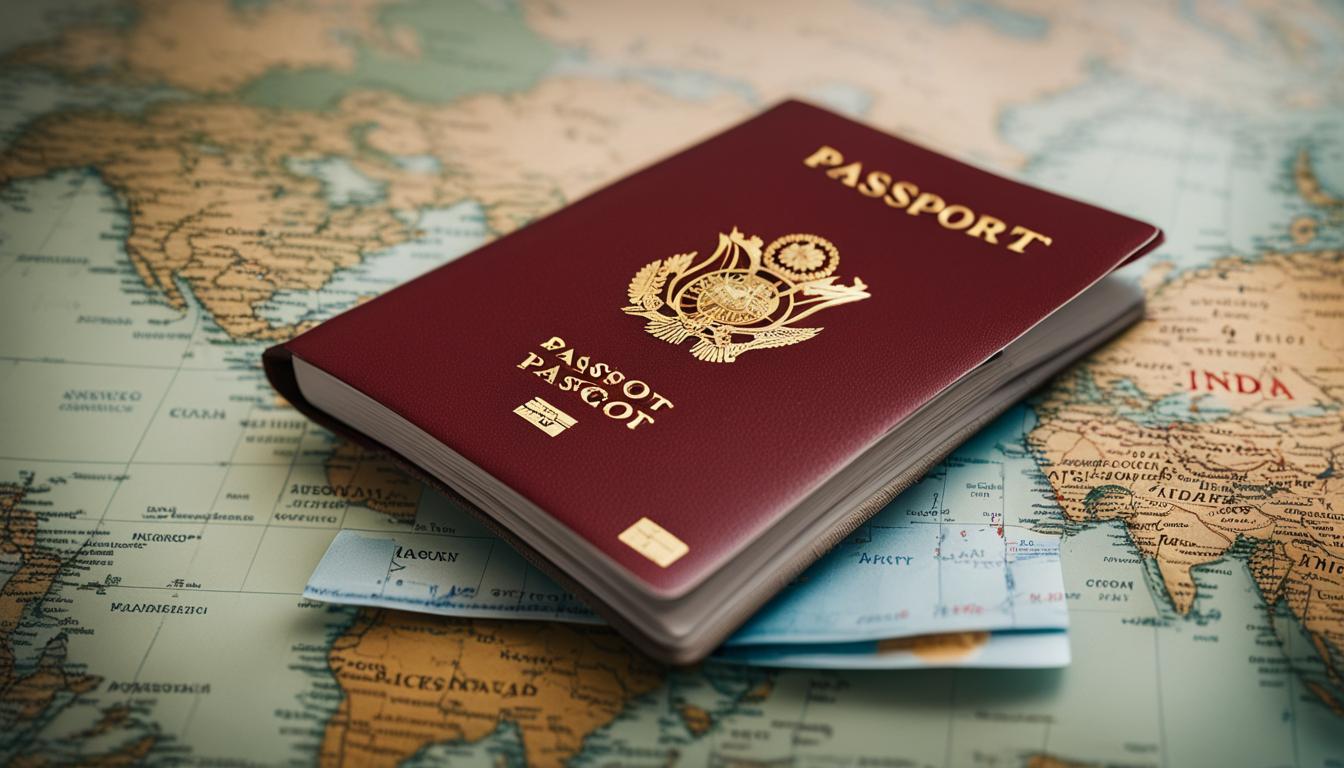
Planning to travel abroad but concerned about your DUI conviction affecting your passport eligibility? You’re not alone. Many individuals wonder if they can obtain a passport with a DUI and how it may impact their ability to travel internationally.
Let’s explore the facts. Firstly, a DUI conviction does not automatically disqualify a U.S. citizen from getting a passport. However, there are important factors to consider.
While possessing a U.S. passport doesn’t guarantee entry into foreign countries, some nations, such as Canada, Australia, New Zealand, and Mexico, have restrictions on individuals with DUI convictions. It’s crucial to research the specific requirements of each country before making your travel plans.
Having an understanding of the eligibility requirements for a U.S. passport is essential. A DUI conviction, even a felony DUI, does not automatically disqualify an otherwise eligible citizen from obtaining a passport. However, the U.S. State Department has the authority to deny passport applications under certain circumstances, including active federal warrants or court orders, probation or parole restrictions, or revoked previous passports. Special restrictions may also apply in cases involving certain criminal convictions, tax debts, or extradition requests.
Remember, it is important to review the specific eligibility requirements for a U.S. passport and seek legal advice if there are any concerns about qualification.
In the upcoming sections, we will discuss in detail the eligibility for a U.S. passport, travel restrictions to foreign countries with a DUI conviction, and other factors that may affect passport issuance. Stay tuned!
Eligibility for a U.S. Passport
U.S. passports are issued to American citizens by birth or naturalization, including U.S. nationals born in American Samoa, Swains Island, or U.S. Minor Outlying Islands.
A DUI conviction, even a felony DUI, does not automatically disqualify an otherwise eligible citizen from obtaining a U.S. passport.
The U.S. State Department has the authority to deny passport applications under certain circumstances, such as an active federal warrant, court order, probation or parole restriction, or revoked previous passport.
Special restrictions may also apply in cases involving certain criminal convictions, tax debts, or extradition requests.
It is important to review the specific eligibility requirements for a U.S. passport and seek legal advice if there are concerns about qualification.
Restrictions on Traveling to Foreign Countries with a DUI
While a DUI conviction may not directly impact U.S. passport issuance, it can affect travel to foreign countries. Several major nations, including Canada, Australia, New Zealand, and Mexico, have laws barring entry for individuals with DUI convictions. Other countries, such as China, South Africa, Japan, Malaysia, and United Arab Emirates, conduct extensive background checks and may deny entry based on DUI convictions.
Lying about a DUI conviction can have serious consequences and potentially disqualify individuals from entering certain countries. Additionally, individuals with felony DUI convictions may face travel restrictions in various countries unless they obtain special waivers.
Factors Affecting Passport Issuance
While a DUI conviction may not directly disqualify an individual from obtaining a U.S. passport, there are other factors that can impact the issuance process. Court orders, declarations, or warrants can serve as grounds for blocking or denying the issuance of a passport. It is essential to resolve any outstanding legal issues or comply with court orders before applying for a passport to ensure a smooth process.
Additionally, factors such as unpaid taxes or outstanding debts can affect passport eligibility. If there are any unresolved financial obligations, it is advisable to address them before submitting a passport application. Moreover, individuals involved in child custody disputes should seek legal guidance to understand how it may impact passport issuance.
Considering these factors and seeking legal assistance can help address any concerns related to passport issuance or potential travel restrictions. It is crucial to be fully aware of the requirements and take necessary steps to ensure a successful passport application process.






